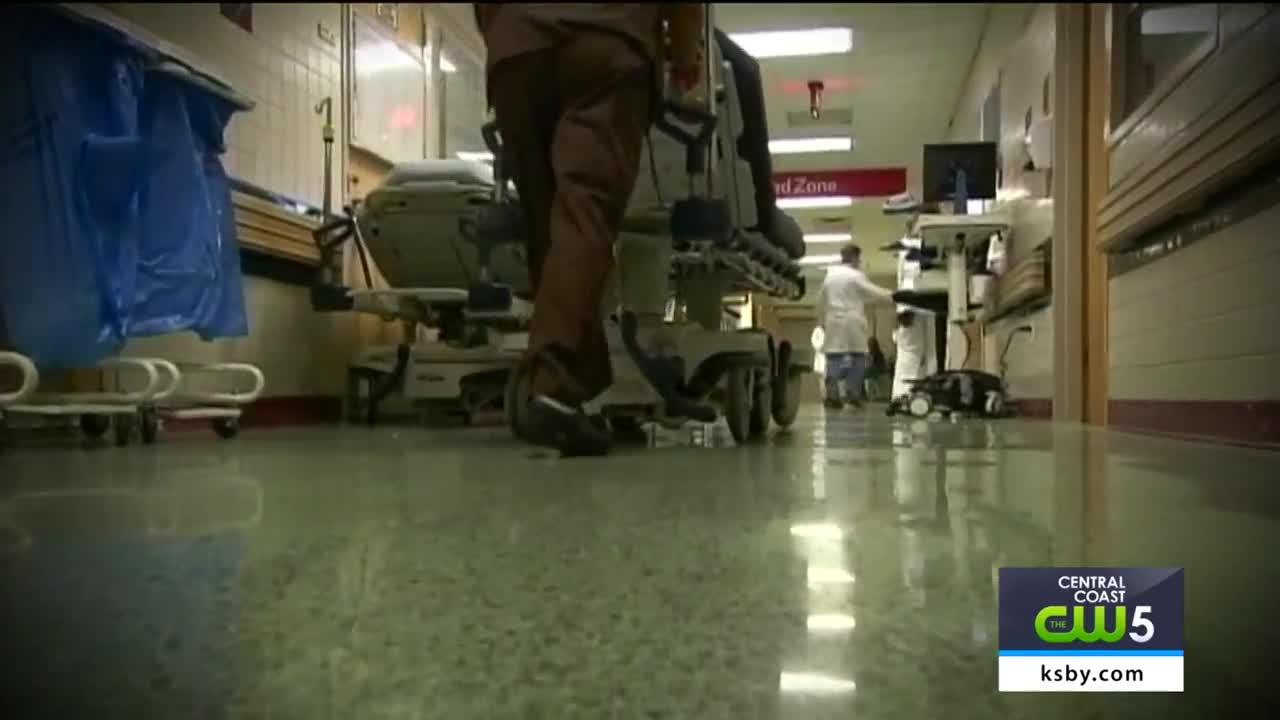At least 3,500 kidneys are being discarded each year, according to a study by JAMA Internal Medicine.
Those who we spoke with have been waiting years for an opportunity at a kidney, and say some of those tossed out, could be used to help them survive.
"I've been awaiting a kidney transplant for almost eight years now, and on dialysis that whole time," said Edward Limon, Atascadero resident.
For Limon, finding a kidney donation hasn't been easy, especially with the disparity of supply and demand in America, and he knows every day that passes counts
"It's very frustrating, you have the long treatments, you're out there trying to solicit a kidney donation, and everyday that's just passing by, you know your health is depleting," said Limon.
The National Kidney Foundation reports 37 million Americans are suffering from chronic kidney disease.
Around 12 people die each day, awaiting their donation, which raises the question, why are thousands of kidneys being thrown out?
According to the authors of the JAMA Internal Medicine study, U.S. transplant centers may be precautious to use organs that might not be in the best shape, to avoid loss of credentials.
Research suggests even lesser quality organs that are discarded, pose a better option than dialysis.
"If you're an older person and they told you, you weren't going to get a younger kidney or a normal kidney, yeah I would take it, because otherwise it's on dialysis," said Pamela Hurt, President of Central Coast Kidney and All Organ Transplant Support Group.
"Some of the discarded kidneys could definitely be used, I'm sure they are more of a high risk, and that would be up to the recipient to allow that to be used, but yes they could definitely be used," said Limon.
Even more frustrating to potential kidney recipients, the National Kidney Foundation reported around 50% of those thrown away in 2016 alone, could have been used in a transplant.
The JAMA Internal Medicine study suggests that a greater acceptance of kidneys from older deceased donors and ones with chronic diseases could give those on the wait-list a better chance of survival.



